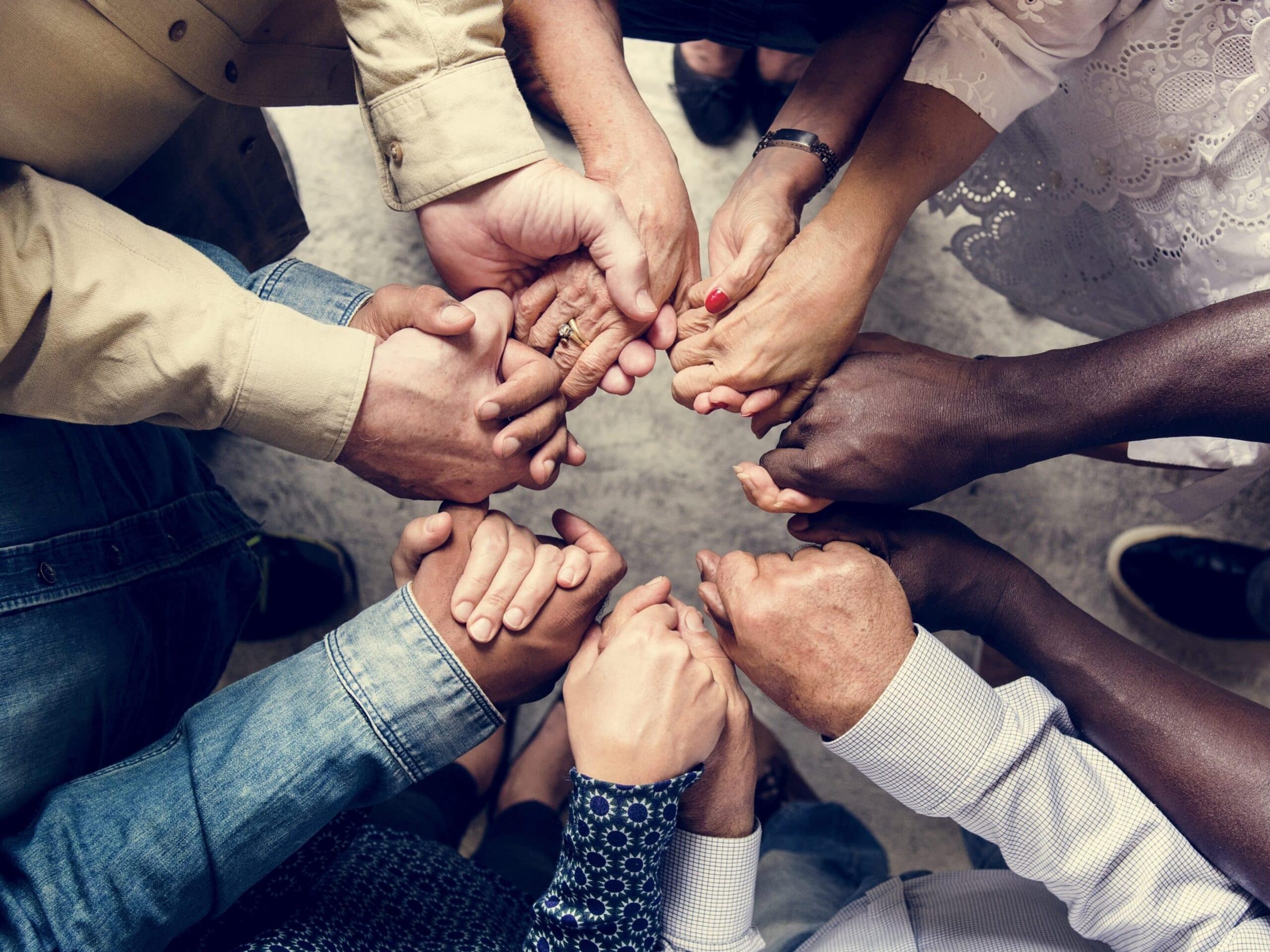Coping with Current Traumatic Events: A Therapist’s Advice on Addressing Your Mental Health During the Israel-Palestine Conflict
Coping with Current Traumatic Events: A Therapist’s Advice on
Addressing Your Mental Health During the Israel-Palestine
Conflict
While we may not be experiencing first hand the conflict currently happening between
Israel and Palestine, we may still be affected by the realities of what is currently
unfolding. Many of us are deeply impacted by these events, whether we have more
direct connections to the events, such as knowing immediate family and friends affected
by this conflict, or whether we simply are impacted through the indirect media exposure
that’s being broadcasted through news media or social media. This article will provide
for you some insight into how we’re being affected by today’s current events and ways
to take care of yourself while still holding space for others.
Vicarious Trauma and How It May Be Showing Up Now
Experiencing vicarious trauma is experiencing a negative reaction to some sort of
trauma exposure, even if indirect. This could be as simple as hearing a story told to you
by someone else or watching videos and seeing images of war and conflict. This can
invoke in us anxiety and fear - even if what is happening is far away from us, what could
it mean for us in the future? Images and videos have a lasting impact as well and may
become intrusive memories when we continue to experience anxious feelings, making it
harder for us to stick to everyday routines.
Ways to Engage in Self-Care Regarding the Current Conflict
Unplug from Social Media and News Media
While we may be glued to the edge of our seats wondering what’s happening next, this
isn’t helpful in various ways. It is OK to unplug and take some space from social media,
especially when there are no trigger warnings to the content you may be exposed to.
This doesn’t mean to completely absolve yourself from what’s happening entirely, but to
limit your exposure in realistic ways. Some helpful ways to do this may be to give
yourself a certain allotted time to social media or media content daily, such as 30
minutes to an hour, or try to limit yourself to receiving news from very few trusted
sources.
Find Realistic Ways to Help
We do not have to be on the front lines of conflict in order to help and feel like we are
making a difference or lasting impact in some way. In many communities, there are
organizations or specific people who are organizing resources to support victims
affected by what’s happening. Look for places in your communities, such as non-profits
or religious centers, that may be asking for donations or looking for volunteers to help.
There are some listed websites at the end of this article that provide some ways to help
if you’re looking for more direct links to these resources.
Hold Space for Yourself
Mental illness diagnoses are more extreme or dysfunctional symptoms of naturally or
“normally” occurring emotions and feelings. For example, everyone experiences anxiety
and fear at some point in your life… but when it becomes something that’s pressing and
present affecting the normal functioning of your everyday life, then it’s typically cause for
a more serious diagnosis, such as Generalized Anxiety Disorder.
Things like anxiety and fear have a relationship to our somatic body. Anxiety can
present itself as a racing heartbeat, feeling on edge or restless, or stomach aches, to
name a few. Listen to your body. Listen to your mind. Listen to your heart. You matter.
Your feelings matter. Your opinion matters.
When you’re feeling like things are too much for you to handle, listen to that, and allow
yourself to care for you. This may look like talking to a therapist, engaging in healthy
coping skills such as breathing exercises, meditation, or yoga, or turning to community
and spiritual outlets for support.
Hold Space for Others Affected by the Conflict
Everyone is impacted by this conflict in some way. And everyone’s opinion or
connection to this conflict matters. Holding space for others doesn’t mean you sacrifice
your own feelings for someone else, but rather understand that empathy goes a long
way and one thing we need more than anything right now is the feeling of togetherness
and community. Regardless of opinion or relation, we are all fearful and grieving
together.




